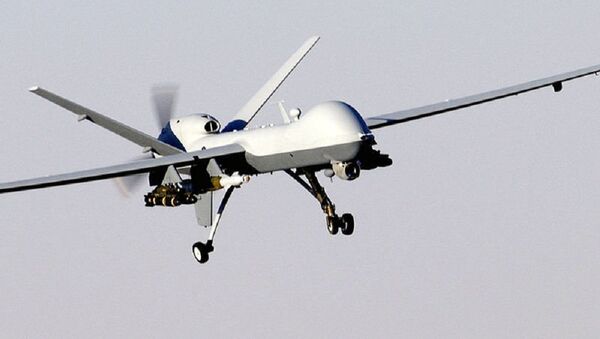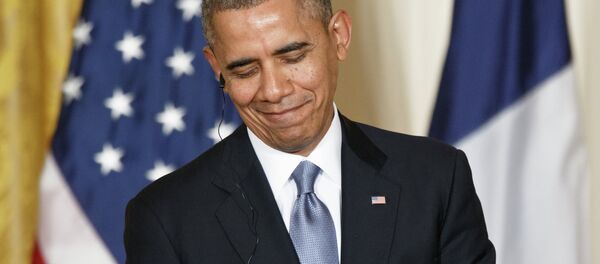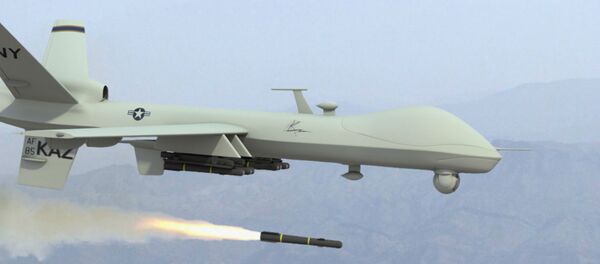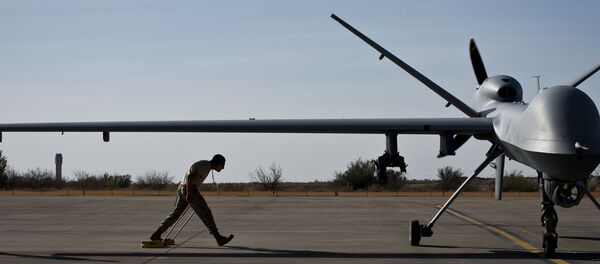Human rights activists have long questioned the ethical implications of Washington’s drone use. As American UAVs hover in the skies above Yemen and Pakistan, studies have shown that the constant presence of aircraft can cause psychological trauma among those on the ground, including sleep disorders, anxiety, and crippling paranoia.
But according to a new report from the Pentagon’s inspector general, US spy drones are not only operated in the Middle East, but also in the skies above America.
The report, completed March 2015 but released last week following a Freedom of Information Act request, does not provide specific details on domestic spying by government UAVs, but states that no fewer than 20 missions took place between 2006 and 2015.
Referenced in the report was a quote from a military law review article stating that "the appetite to use them [spy drones] in the domestic environment to collect airborne imagery continues to grow, as does congressional and media interest in their deployment."
While many of the missions are classified, the report does offer a list of requests from civil authorities who requested surveillance using military drones. One such request came from an unidentified mayor who wanted to use a Marine Corps UAV to identify potholes in his city.
This request was rejected because it, "did not make operational sense."
The report found that the Pentagon’s secret missions were not technically illegal, but only because the technology is too new to have laws that specifically address the issue.
"Sometimes, new technology changes so rapidly that existing laws no longer fit what people think is appropriate," said Jay Stanley, a senior policy analyst with the ACLU, according to Defense News.
"It’s important to remember that the American people do find this to be a very, very sensitive topic."
The Pentagon maintains that there are strict guidelines in place to ensure that domestic operations are conducted only if necessary. Any such mission must be personally approved by the Secretary of Defense or someone delegated by the Secretary.
But the report found that the 20 domestic operations were not approved through proper channels.
Even with the news of domestic military UAV surveillance made public, it seems doubtful that the Pentagon will stop the controversial missions. According to the report, the military will increase domestic spying operations, citing "training."
"Multiple units told us that as forces using the US capabilities continue to draw down overseas, opportunities for UAS [unmanned aerial surveillance] realistic training and use have decreased," the report reads.






